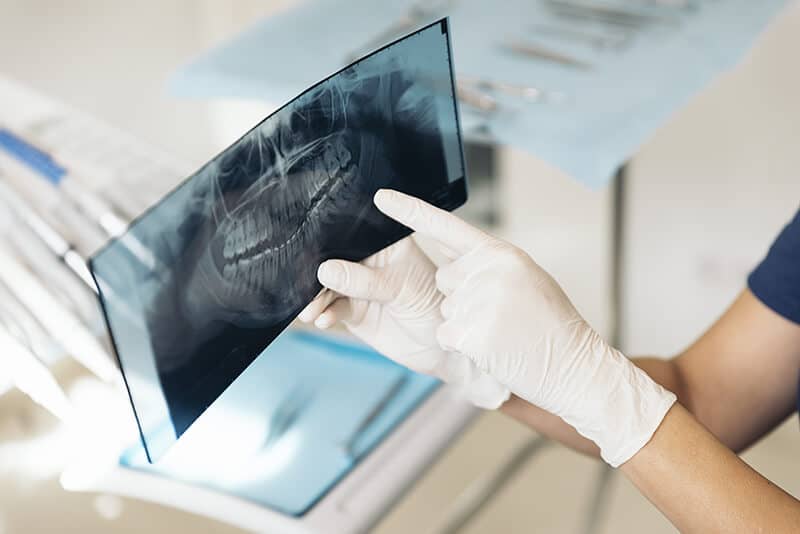Oral surgery
CUSTOMIZED TREATMENTS
What is Oral Surgery?
Oral surgery is one of the oldest dental specialties.
It consists of a medical-surgical specialty that encompasses from prevention to the study, treatment and rehabilitation of any affectation that may occur in the mouth. Thus, oral surgery is the option of choice when it comes to solving common problems such as: extraction of teeth, removal of lesions, dental implants, pre-prosthetic surgery or late treatment of bruxism, as well as the analysis and relevant histological study.

Exodontics
This procedure is one of the most frequent in oral surgery, and basically consists of the extraction of a dental piece. The reasons for which this intervention is required are diverse. In the case of children, almost half of the cases are due to orthodontic causes. In the case of adults, the reasons vary.
Certainly, depending on the cause, the extraction will be carried out in one way or another; but, broadly speaking, the extraction mechanism can be divided into two types:
- Simple extraction: this is performed in the presence of visible teeth, i.e. those that have already erupted. To do this, the tooth must first be loosened with the appropriate instruments. Once the tooth is loosened, it must be extracted. In very few cases it is necessary to make incisions in the gum.
- Surgical extraction: this intervention is a little more complex than the previous one and is performed when a tooth breaks in the gum or does not come out at all. For this, it is necessary to make an incision in the gum in order to remove the tooth. Also, in these cases it may be necessary to manipulate the bone itself.
Before proceeding with any action, the area will be properly studied by inspection and x-rays. At the beginning of the intervention, the area is anesthetized.
Post-intervention
Once the intervention has been carried out, special care must be taken and the appropriate cures must be performed. In addition, it is advisable to place a cold pack to minimize swelling. Likewise, for the following days, it is essential to keep the operated area clean, to prevent any possible infection. To do this, you should not smoke, perform vigorous actions (rinse your mouth too insistently, for example), or consume irritants such as very hot or very cold food for at least the first 24 hours. In some cases, your dentist will prescribe and prescribe an analgesic.
